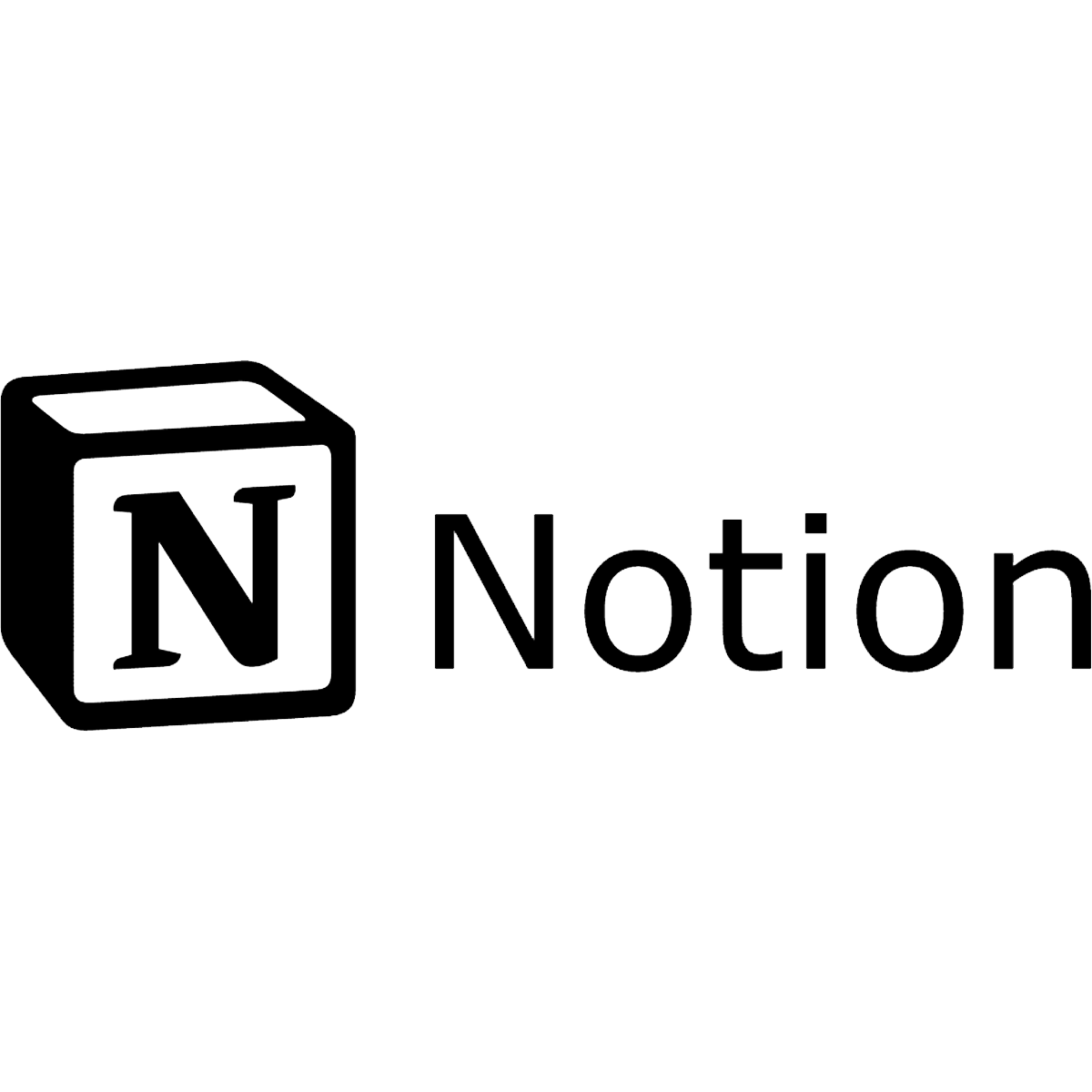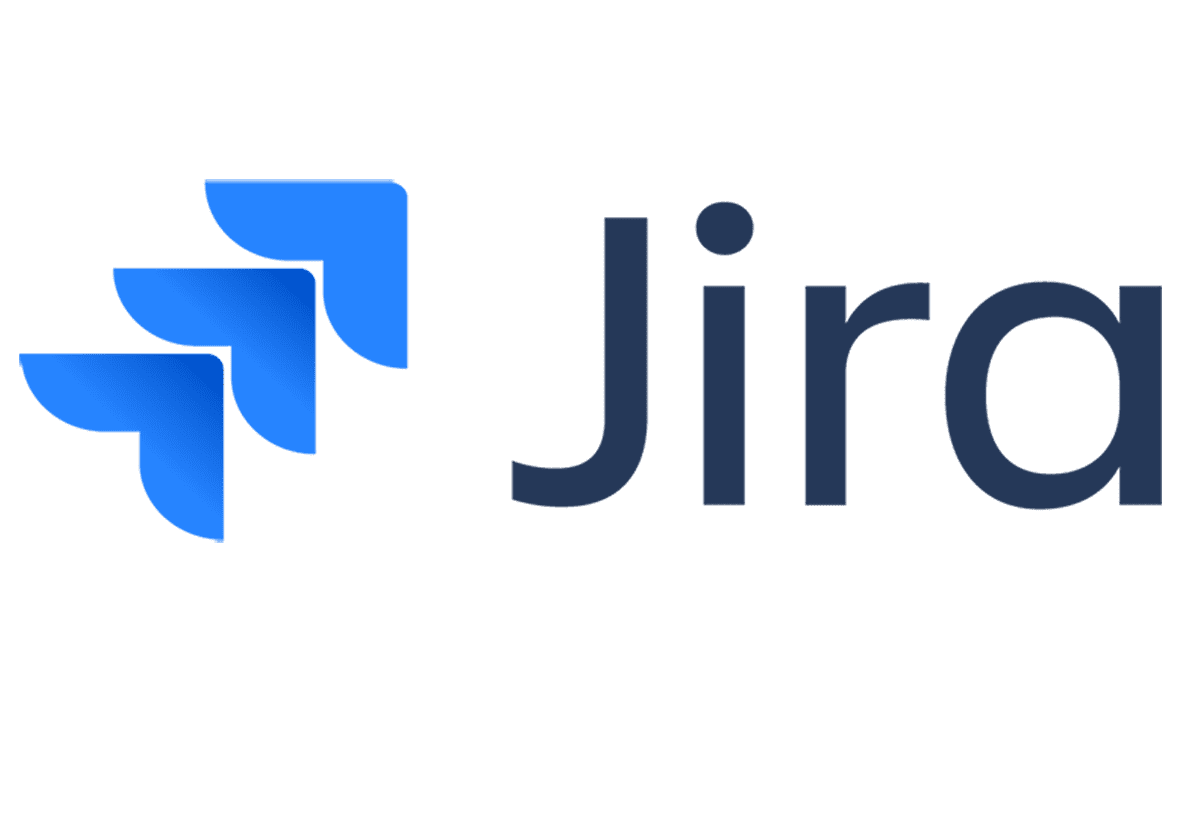Notion is your trusty companion for workspace and knowledge management. This flexible platform allows you to organise tasks, take notes, and track project progress.
If your organisation is currently using Notion or plans to do so, it’s vital to ensure that the valuable data stored on the platform is safely secured at all times.
Without proper security measures, your critical information is vulnerable to threats like data breaches, data loss, and legal issues.
This guide provides insights into Notion’s security measures for safeguarding your data. We’ll look at the platform’s security infrastructure, common user security mistakes, and offer guidance on best practices for securing your data.
Notion’s security infrastructure
Notion takes a ‘security-by-design’ approach to protect your organisation’s notes, tasks, wikis, and databases.
The components of security-by-design are:
- Security infrastructure: Notion features robust security measures to safeguard your data during transmission, storage, and processing. These protective measures include encryption, restricted access privileges, and secure software development practices.
- Operational security: The Notion security team closely monitors the platform’s systems and networks to detect suspicious activities.
- Product security: Notion offers strong product data protection and admin controls for greater visibility and control of critical information.
Common security mistakes in Notion
Not setting up two-factor authentication (2FA)
When logging into Notion, many users enter their email and password or opt for the ‘Sign in with Google’ option provided.
While these methods are convenient, they don’t offer sufficient security. If hackers infiltrate your Notion email account, they could potentially gain entry into your Notion workspace.
To prevent this, enabling two-factor authentication (2FA) is important. Here’s how:
Go to Settings & members and click My Account under the Accounts section.
There, you’ll find the 2-step verification option. Toggle it on, and you’ll have 2 options:
- Code from authenticator
- Text me a code
Storing sensitive information
While Notion is a powerful platform with many benefits, it wasn’t designed to store highly sensitive organisational data.
Saving confidential information like passwords, financial data, or personal identification numbers (PINs) on Notion can expose it to various security risks.
Carelessly managing user permissions
Failing to carefully manage user permissions within Notion is another common security mistake. Unfortunately, this error can lead to unauthorised access to sensitive company data.
At the same time, integrating Notion with external apps or services without thoroughly vetting their security features can compromise the integrity of your workspace.
Clicking on unidentified links
Phishing scams are rising, and cybercriminals are tricking unsuspecting Notion users into thinking their links are from real companies.
They send seemingly legitimate emails. But once you click on attached links or share personal details, hackers gain unauthorised access to your data.
It’s best to avoid clicking on email links unless you’re completely confident they’re safe. If you don’t need to click the link, it’s better to skip it altogether. This also applies to links in Notion Workspace Invitations.
Step-by-step guide to securing Notion
Notion’s security features have limitations, including:
- Lack of end-to-end encryption: Notion data lacks end-to-end encryption, compromising transmission security.
- Insider threats: Authorised users may compromise data security inadvertently or deliberately.
- Phishing: Despite Notion’s security measures, users are vulnerable to phishing attacks.
To boost your workspace’s security, take the following steps:
Review access and permissions
Periodically review and audit the access and permissions granted to users in your workspace account settings.
- Click on your workspace name > Settings & Members.
Look through the list of members and their roles or permissions, including who has full access to private pages.
Make any necessary changes and save.
Use enterprise features
Enterprise features in Notion include Single Sign-On (SSO) integration, advanced access controls, and data encryption – all of which support security, compliance, and collaboration.
To embrace enterprise features:
- Look into Notion’s enterprise-level features for security and collaboration.
- Evaluate various features to determine which best suits your needs, preferences, and budget.
- Reach out to Notion support for help implementing tailored features.
Restrict guest access
Disable the option for guests to join your workspace. This prevents anyone from inviting people outside the workspace to view pages.
- Click on your workspace name.
- Choose Settings & Members and go to the Members tab.
- Turn off the option for guests.
Remember, even if guests are turned off, workspace owners can still allow specific members to invite guests for more controlled access.
Backup Notion data
The easiest way to secure your Notion workspace content is through regular data backups. While Notion offers backup abilities, it’s essential to be aware of its limitations. These include restricted frequency options, incomplete data coverage, and limited restore options.
To overcome these setbacks, you can opt for a third-party backup solution like BackupLABS and enjoy greater flexibility and reliability.
Here’s how to use BackupLABS in 4 simple steps:
- Create a BackupLABS account.
- Authorise your Notion account with us.
- Add as many of your Notion pages, or your entire workspace.
- Restore and access your backups at any time. You can also download the archive to your computer for ownership.
Compliance and regulatory considerations
Notion adherence to industry norms like SOC 2 Type II and ISO certifications gives users confidence in its dedication to security practices. Although these certifications are essential for building trust, it’s important to recognise that they do not guarantee security.
Compliance and audits play a role in enhancing security. But keep in mind, continuous monitoring and proactive actions are necessary to effectively mitigate evolving threats.
Best practices for Notion security management
Here are some best practices for businesses to manage security effectively within Notion:
- Set up detailed access controls: Use Notion’s access management tools to designate roles and permissions according to user duties. Restrict the availability of data to individuals who actually need it. Assess and adjust permissions as necessary.
- Conduct regular security audits: Conduct security audits to see how well your security measures are working. Prioritise identifying vulnerabilities, reviewing access logs, and ensuring compliance with security policies.
- Monitor user actions: Stay informed about user interactions on Notion by examining access records and monitoring behaviours. Take action upon noticing any activity or unauthorised attempts to access the system.
- Security awareness: Make sure users are well informed about security measures. Establish user training programs to increase awareness of phishing scams, password best practices, and safeguarding data.
Choose BackupLABS as your Notion backup solution
BackupLABS allows you to mitigate the security risks associated with Notion to prevent data loss and enjoy uninterrupted access to critical information.
Discover the benefits of BackupLABS for your automated Notion database backup needs and experience unparalleled convenience and security.
- Effortless backup: Our user-friendly interface allows you to backup and restore your Notion data with a few clicks, without coding or scripting.
- Rapid Setup: Secure your Notion workspaces and multiple files in under 5 minutes, guaranteeing minimal disruptions to your workflow.
- Data compliance: Keep accurate and easily accessible records of your Notion data history, compliant with current regulations and standards.
- Robust encryption: Your data is safeguarded with 256-bit AES encryption during transfer and storage, providing top-tier security.
- Ransomware defence: Shield your data from malicious attacks, ransomware, and potential breaches, safeguarding your crucial information.
Try BackupLABS’ cloud storage solution for yourself. Sign up for our 14-day free trial.


